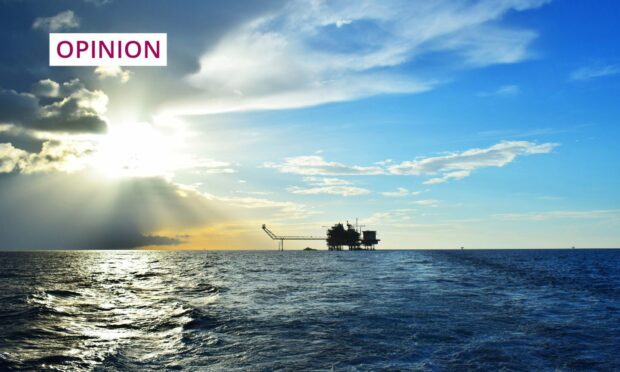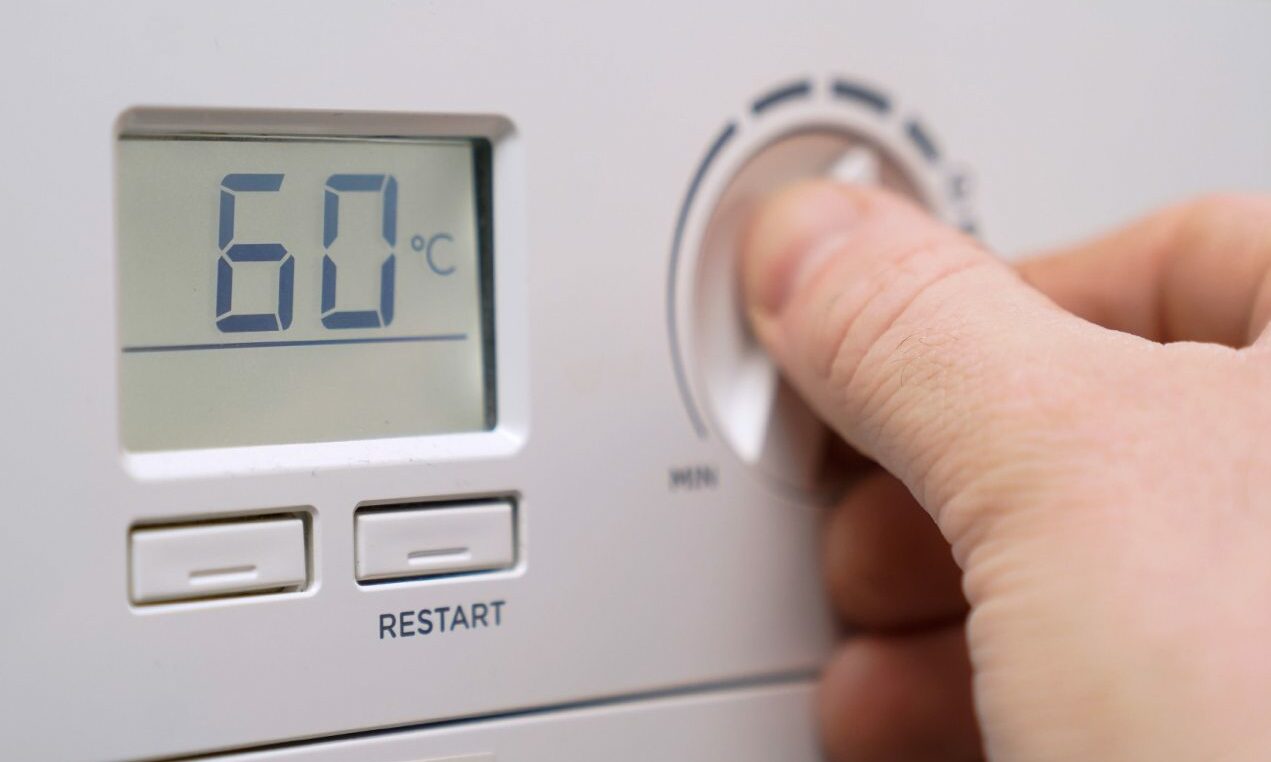If you read some of the reaction to the Rosebank oil field being granted approval today, you would be forgiven for thinking that the UK no longer needs oil and gas.
You might also be left with the impression, based on the commentary from some of our politicians, that we are awash with cash and don’t need the tax revenues or 215,000 jobs that the industry creates.
However, both points could not be further from the truth, which is why Rosebank going ahead is good news.
It will create hundreds of new jobs, result in over £6 billion being spent in the North Sea supply chain anchored in Aberdeen, and it will provide the UK with enough gas to power tens of thousands of homes for the lifespan of the field.
Those opposing the move are doing so from a place of concern, but they need to zoom out and look at the bigger picture before demanding that we cease new activity in the North Sea.
Rosebank is not growing the UK’s production levels, it is helping to offset two decades of sharp decline. Since 1999, production in the North Sea has fallen by 70%.
Crucially, it has been declining three times faster than energy consumption in the UK, which has left us increasingly reliant upon imports to fill the gap, including some which come with emission levels four times higher than domestic production.
For me, that is why the discussion around ending North Sea production can only occur when a viable alternative is in place.
Path to net zero is longer than some seem to think
The path to net zero as we make the next step in this energy transition requires four things – and they span business, government and the public at large.
First, we need to reduce demand, and that involves everyone. Right now, three quarters of the UK’s energy consumption is derived from oil and gas. That’s what is fuelling 24 million homes with gas boilers, 32 million vehicles fired by diesel and petrol, and the power stations generating more than 40% of our electricity.
Second, we need to develop new sources and ways of storing energy – such as hydrogen and offshore wind – in order to help us further diversify our energy mix.
If the alternative is importing oil and gas at a greater carbon cost, then we must always favour domestic production
Third, and perhaps most importantly, we need the public and government to understand and accept that this transition could easily take two, perhaps three, decades to deliver.
And fourth, we must find the most efficient way to source oil and gas in the meantime. And that is via the North Sea.
If the alternative is importing oil and gas at a greater carbon cost, then we must always favour domestic production.
It’s simple, it’s pragmatic and it commits us to sourcing the fossil fuels we need in a manner which minimises emissions and secures tens of thousands of Scottish jobs.
Ryan Crighton is policy director at Aberdeen & Grampian Chamber of Commerce

